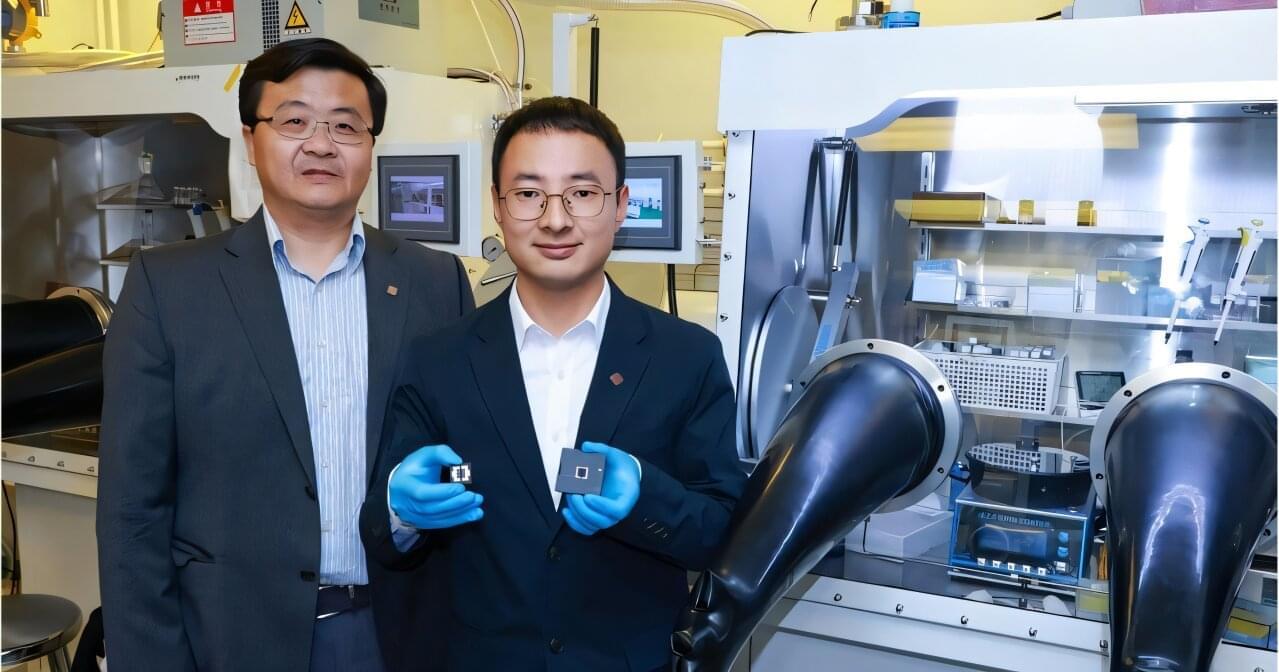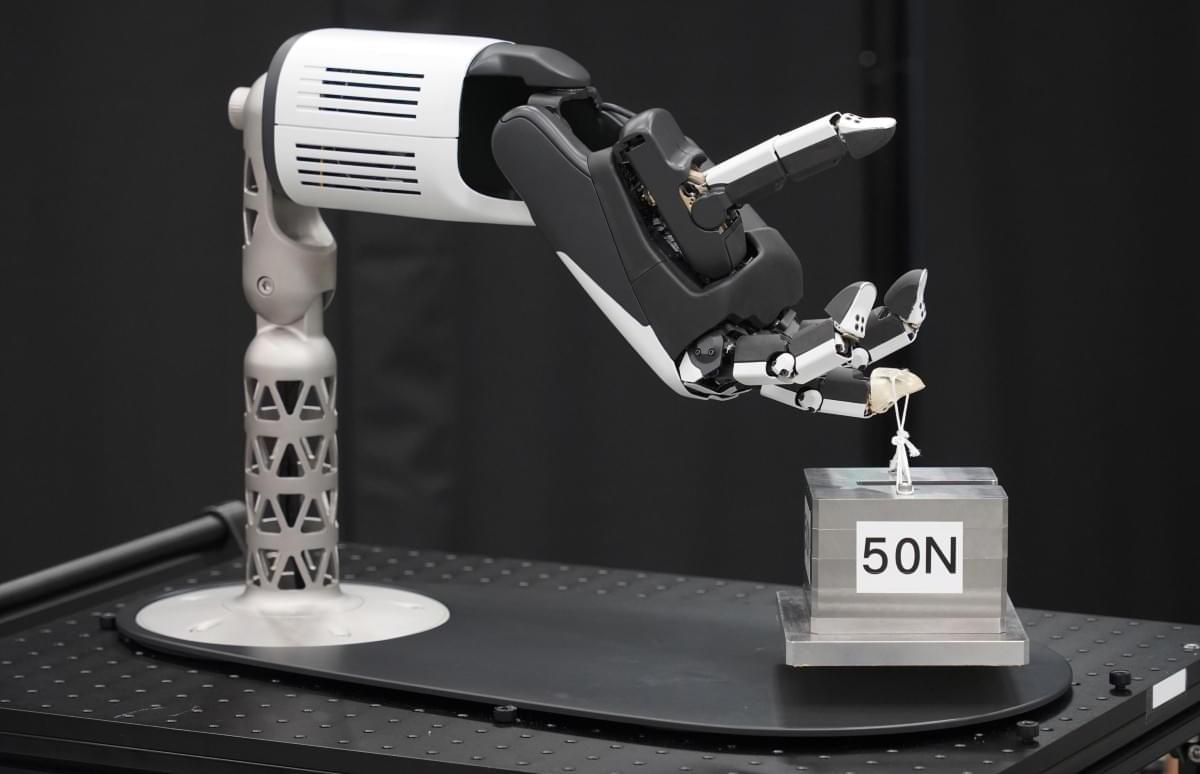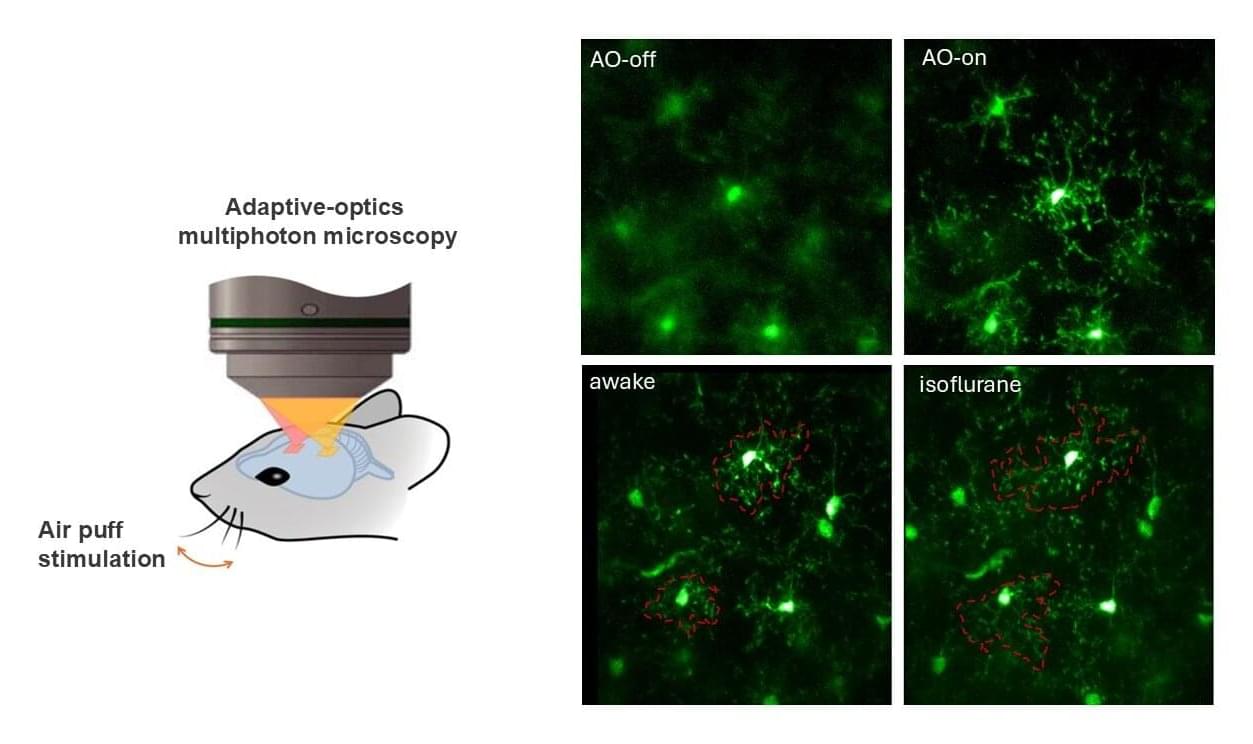Third-generation solar cell technology is advancing rapidly. An engineering research team at The Hong Kong Polytechnic University (PolyU) has achieved a breakthrough in the field of perovskite/silicon tandem solar cells (TSCs), focusing on addressing challenges that include improving efficiency, stability and scalability.
The team has conducted a comprehensive analysis of TSC performance and provided strategic recommendations, which aim to raise the energy conversion efficiency of this new type of solar cell from the current maximum of approximately 34% to about 40%.
The team hopes to accelerate the commercialization of perovskite/silicon TSCs through industry-academia-research collaboration, while aligning with the nation’s strategic plan of carbon peaking and neutrality and promoting the development of innovative technologies such as artificial intelligence through renewable energy.









